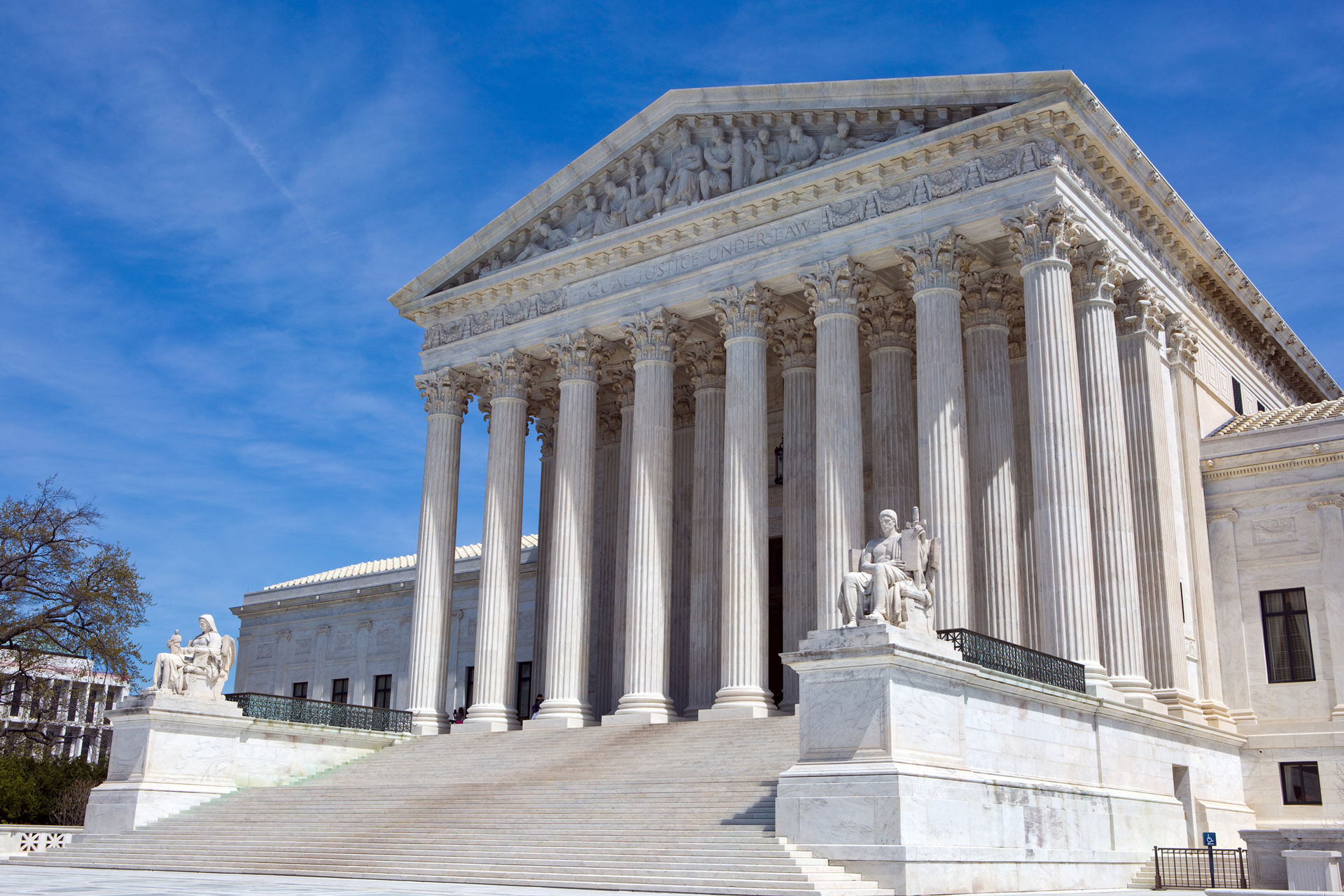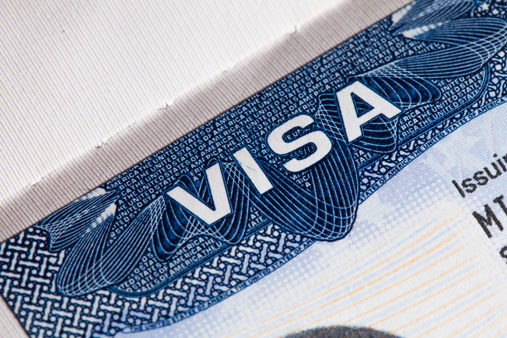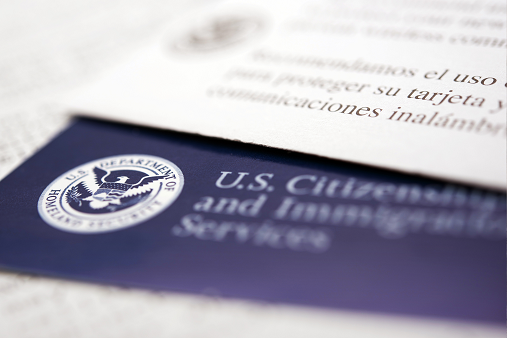Public unions are fending off lawsuits seeking to recover millions in fees that may have been collected unlawfully, on the heels of Janus v. AFSCME—the U.S. Supreme Court case decided in June that prohibited public unions from requiring nonmembers to pay fees for nonpolitical expenses.
The National Right to Work Legal Defense Foundation, the group that spearheaded the attack on public union fees in Janus, has filed at least five class action lawsuits across the country that could cost public unions more than $150 million in fees. The lawsuits argue that Janus should be applied retroactively so that fees taken from nonmembers for nonpolitical expenses prior to the Janus decision should now be repaid in light of the high court’s ruling.
The theory is speculative, and it is debatable whether the lawsuits will have much success in court. For example, the 2014 U.S. Supreme Court decision Harris v. Quinn outlawed mandatory agency fees paid by nonunion personal care assistants. When unions faced similar lawsuits seeking to apply that decision retroactively, courts resisted.
Nonetheless the lawsuits must be defended, which is a task that will cost public unions financially.
Public sector unions, which represent over 34 percent of the public sector workers in America, are the strongest front of the American labor movement today, as only 6.5 percent of private sector workers are unionized. But as decisions like Janus suggest the legal landscape may be turning against them, the financial practices that have historically made these unions strong are in jeopardy.












